A quick excursion to the red village of Profitis Ilias at East Mani
The Prophet’s Stone Chapel — A Hidden Summit in Mani
High above the scattered stone paths of Mani, there lies a small, weather-worn chapel —dedicated to the Prophet Elijah. It stands alone, humble in its silence, built of dry-stacked stone, without mortar, as if held together only by the wind and time. The chapel rests atop a low plateau,at roughly 513 meters, gazing over the sea-streaked hills and the distant folds of the land.
But what lies beneath is what stirs the soul: ancient quarries of deep red marble — known as rosso antico, the stone of emperors and sanctuaries. From this very earth, it is said, rose the six red columns of Hagia Sophia, and perhaps, stones that once adorned Rome itself. This is not a place of grandeur, but of quiet power. The church measures just six and a half meters long, three meters wide — a modest sanctuary, with no frescoes, no golden iconostasis, only the breath of stone and light. Each year, on July 20th, the faithful return to honor the Prophet Elijah, filling the summit with incense and song. Come here not for spectacle, but for stillness. Come to hear how stone remembers.
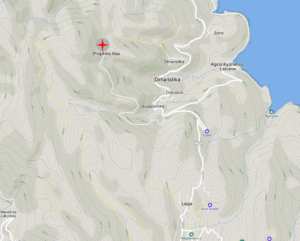 To find this hidden place, begin your journey in Laggia, a quiet village in Eastern Mani. From there, take the narrow road southward toward Dymaristika — a sparse landscape of thyme, rock, and wind. After a few kilometers, you’ll see a modest sign or stone marker pointing toward Profitis Ilias. The path ascends gently, and soon you’ll find yourself on a rough, drivable dirt road. Keep following it. You don’t need a 4×4, but drive slowly —this is not a road to rush. The higher you climb, the more the world opens beneath you. At the top, you’ll reach a small plateau. There stands the chapel, alone and waiting. There is space to park. No ticket booth, no crowds —just the wind, the stones, and the silent memory of ancient hands that once carved marble from the hill below. If you’re early, you may meet the local caretaker who sometimes opens the chapel around midday.
To find this hidden place, begin your journey in Laggia, a quiet village in Eastern Mani. From there, take the narrow road southward toward Dymaristika — a sparse landscape of thyme, rock, and wind. After a few kilometers, you’ll see a modest sign or stone marker pointing toward Profitis Ilias. The path ascends gently, and soon you’ll find yourself on a rough, drivable dirt road. Keep following it. You don’t need a 4×4, but drive slowly —this is not a road to rush. The higher you climb, the more the world opens beneath you. At the top, you’ll reach a small plateau. There stands the chapel, alone and waiting. There is space to park. No ticket booth, no crowds —just the wind, the stones, and the silent memory of ancient hands that once carved marble from the hill below. If you’re early, you may meet the local caretaker who sometimes opens the chapel around midday.
But even closed, the site speaks. Bring water. Bring time. And if you can, come near July 20th — when voices gather and the mountain sings.

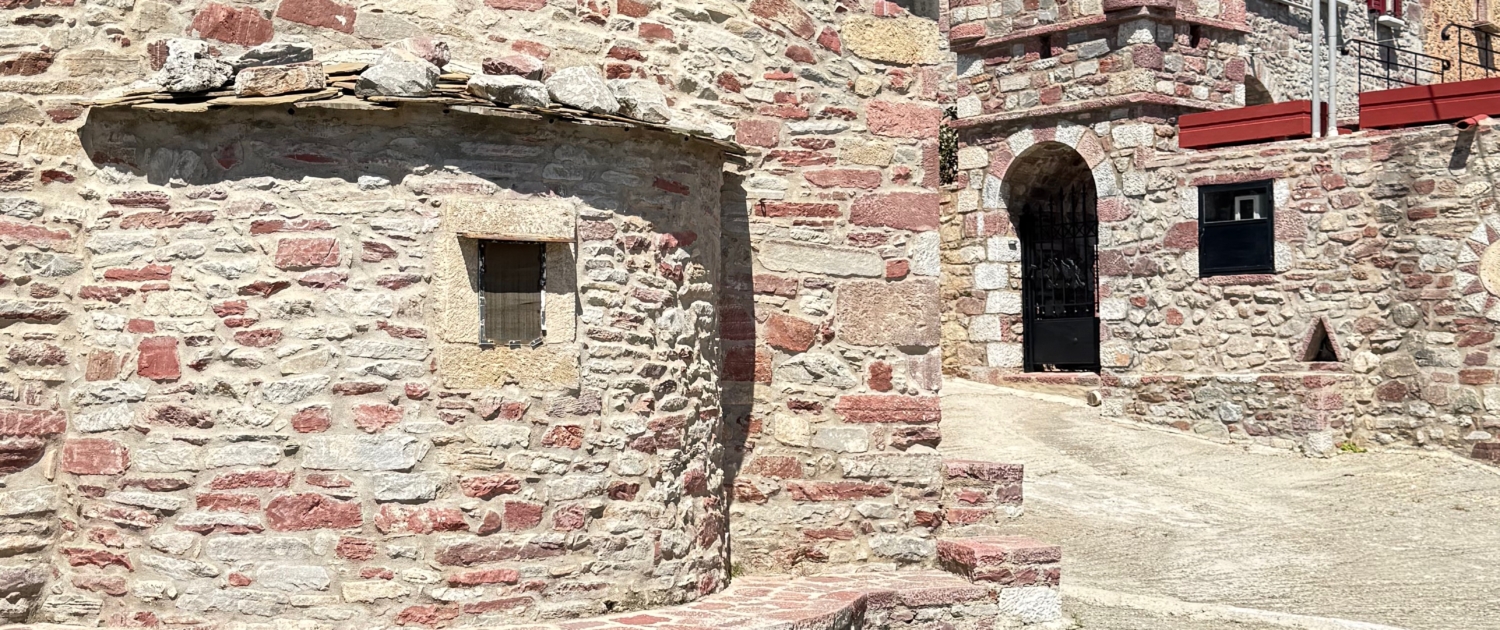
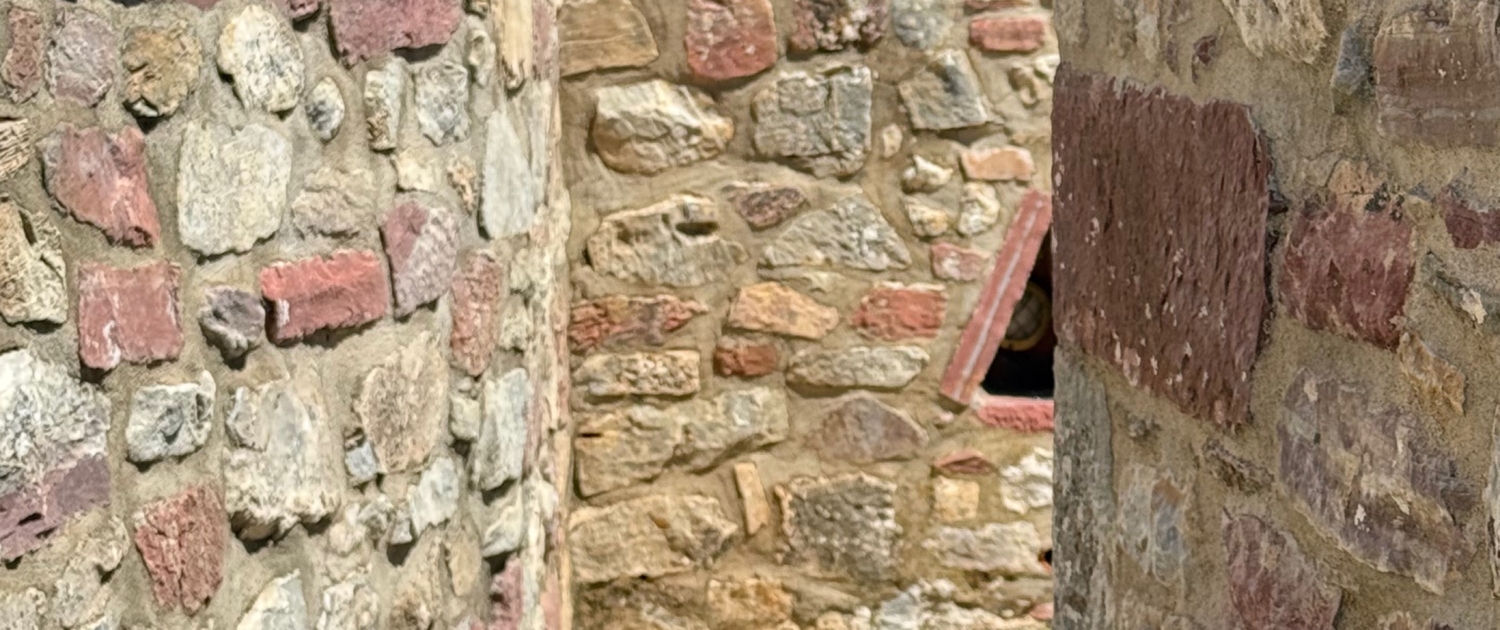
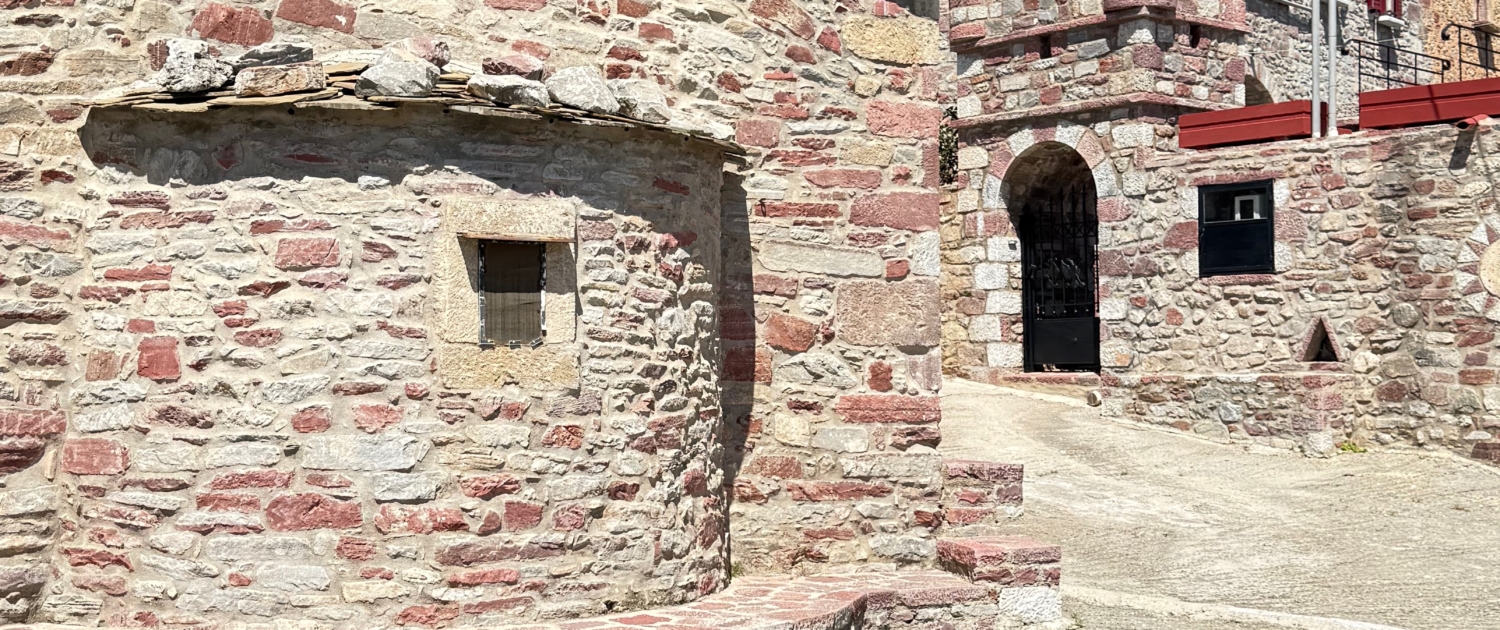
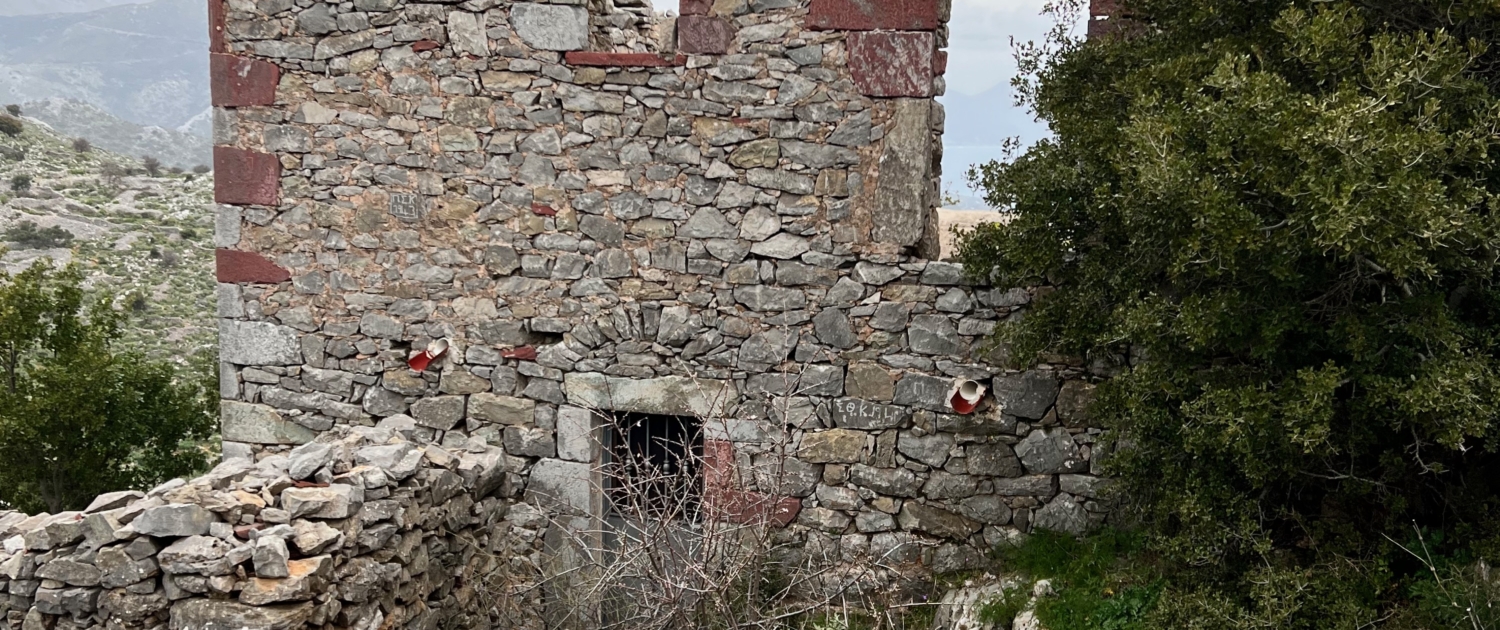
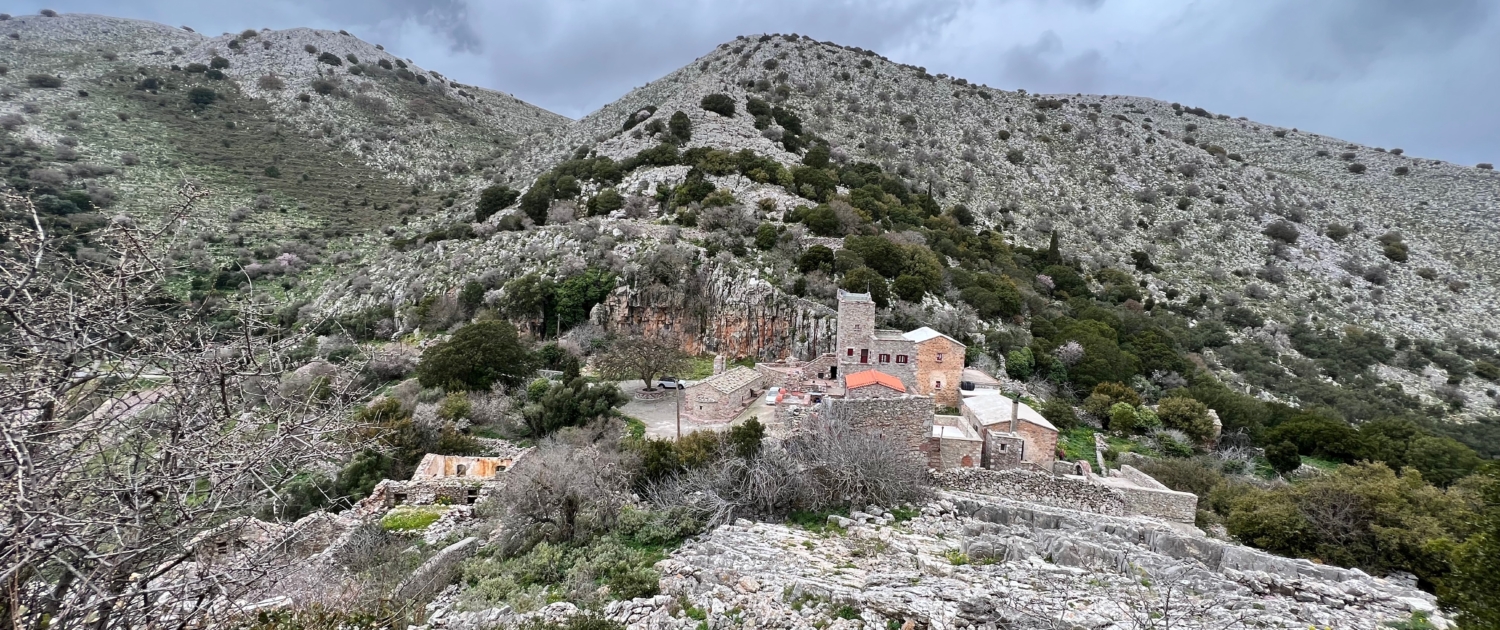
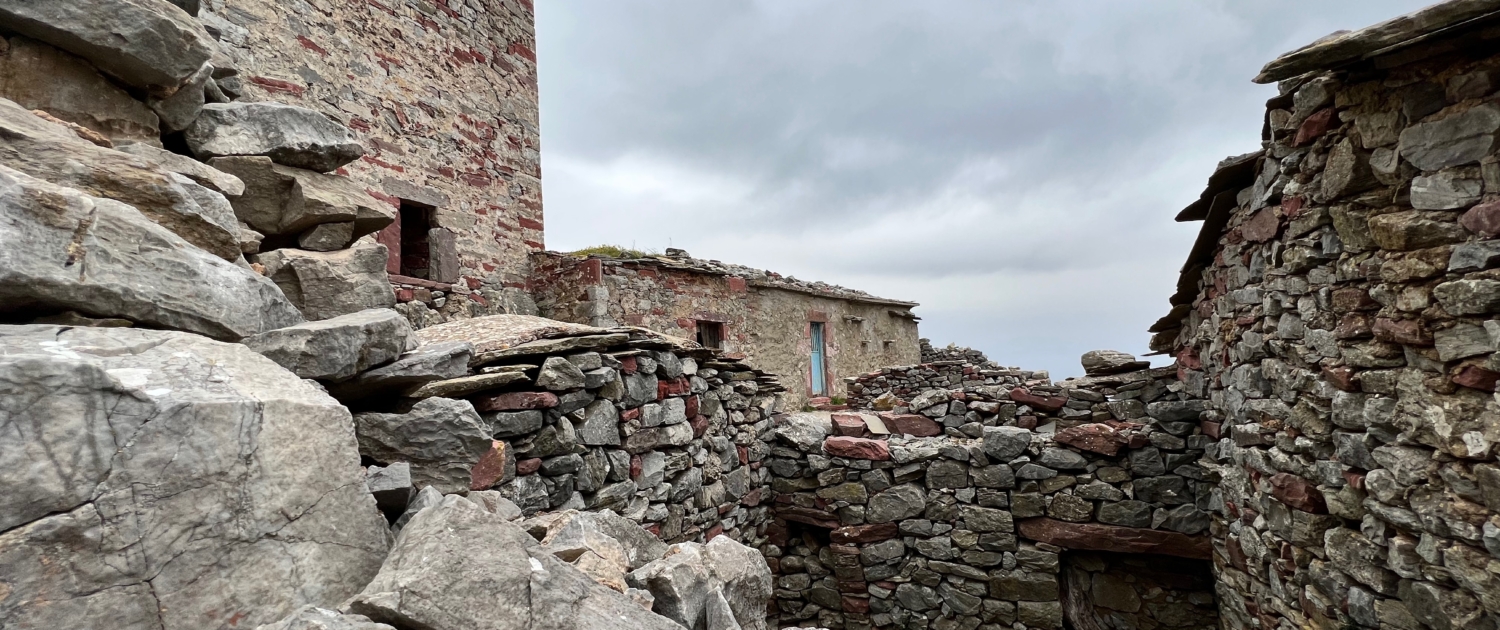
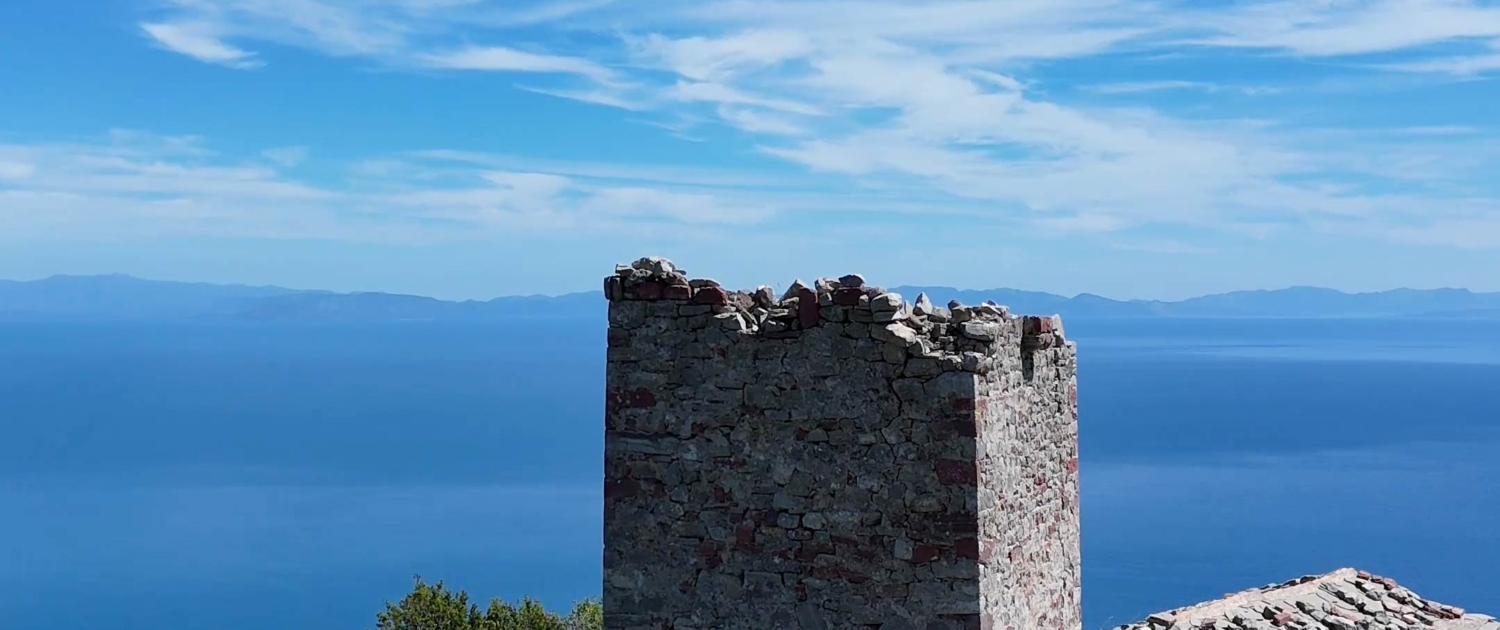
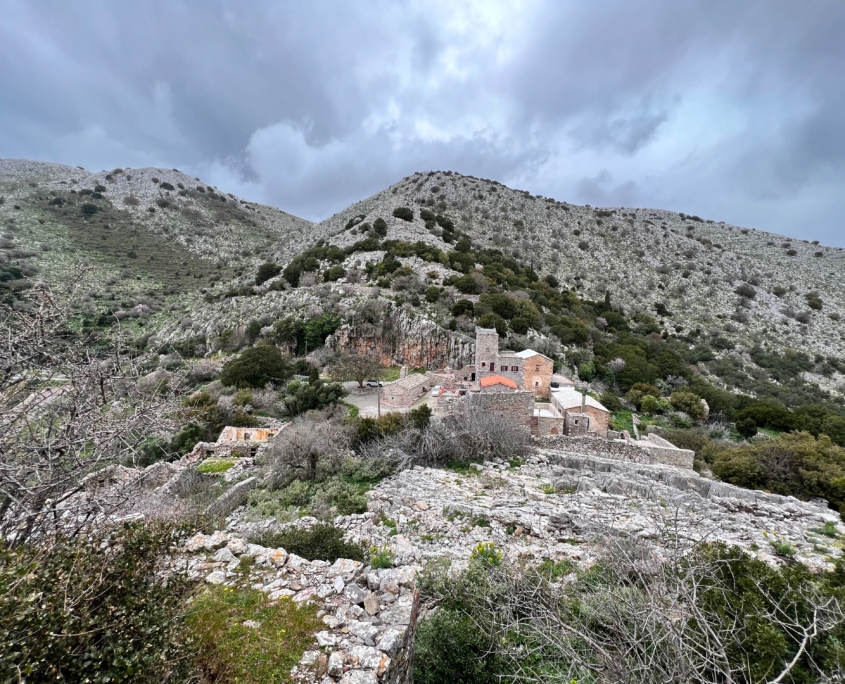
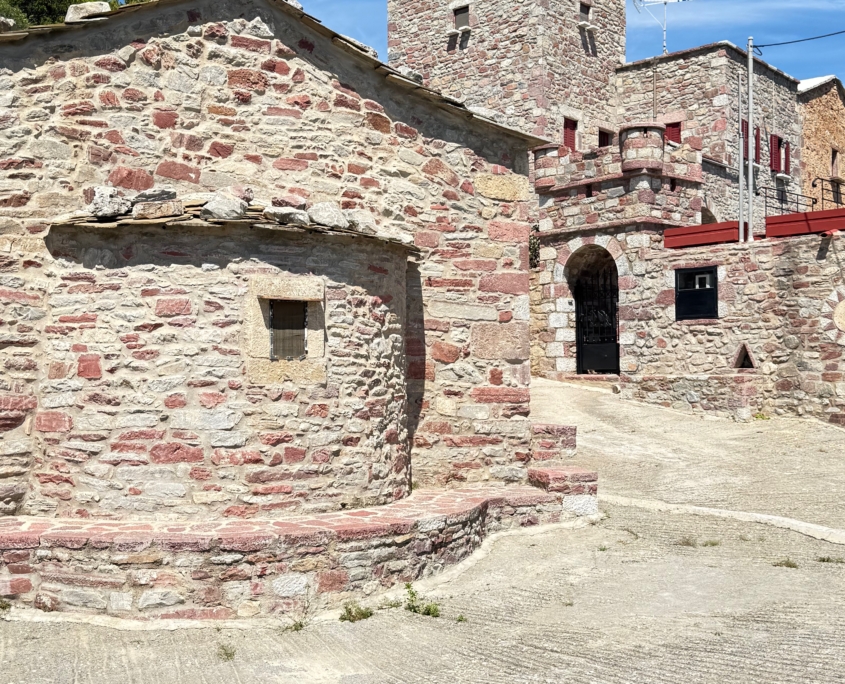
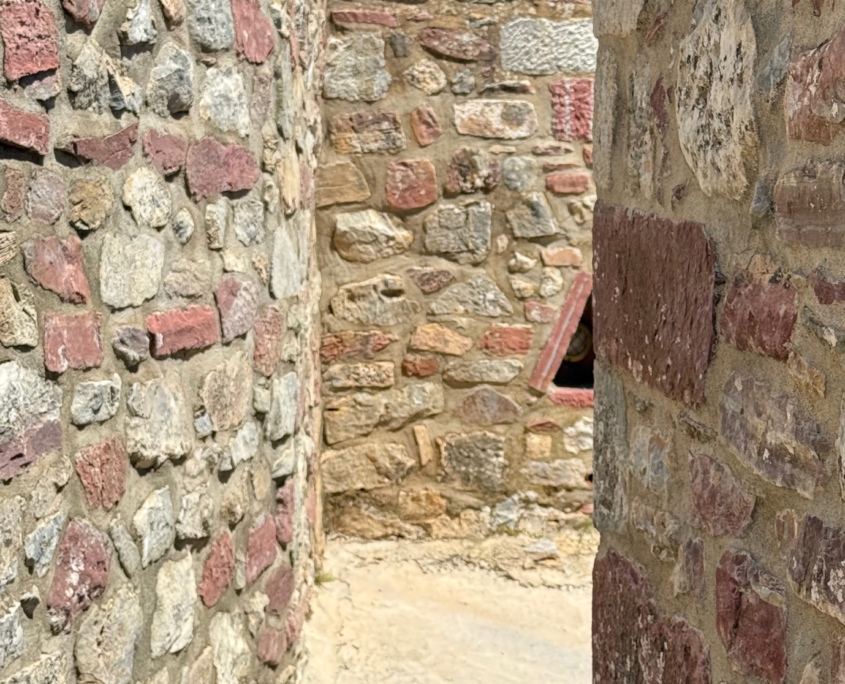
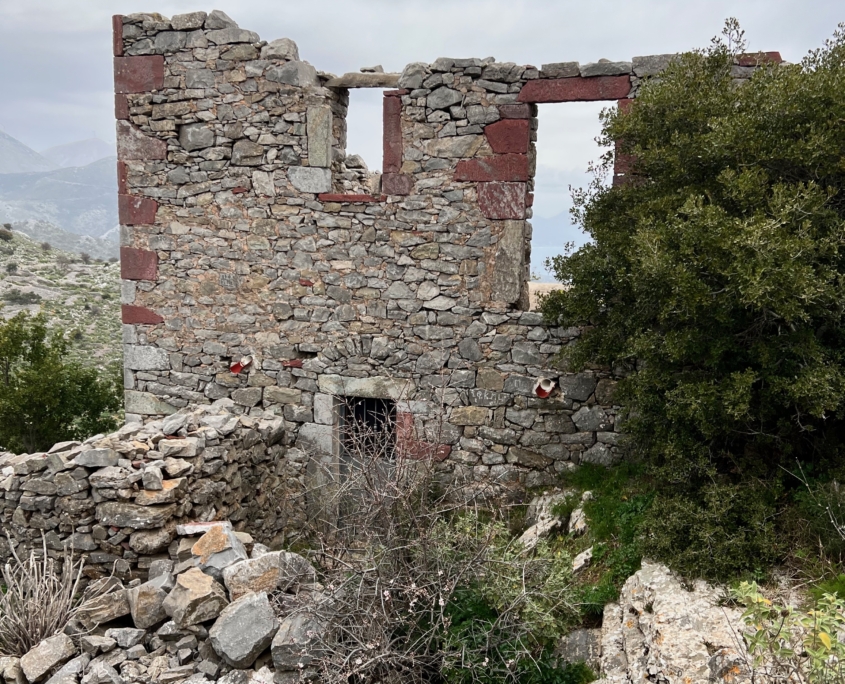
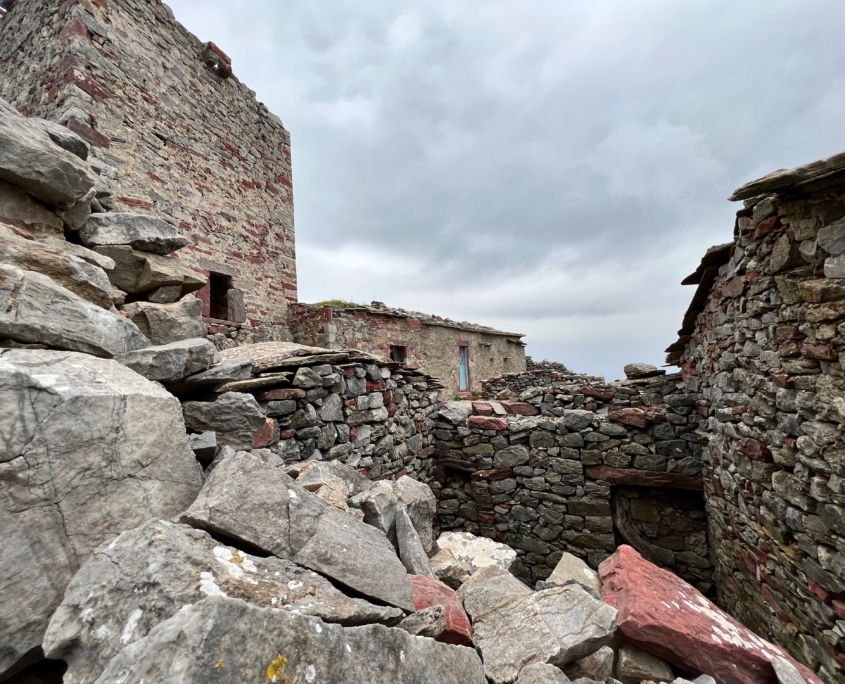
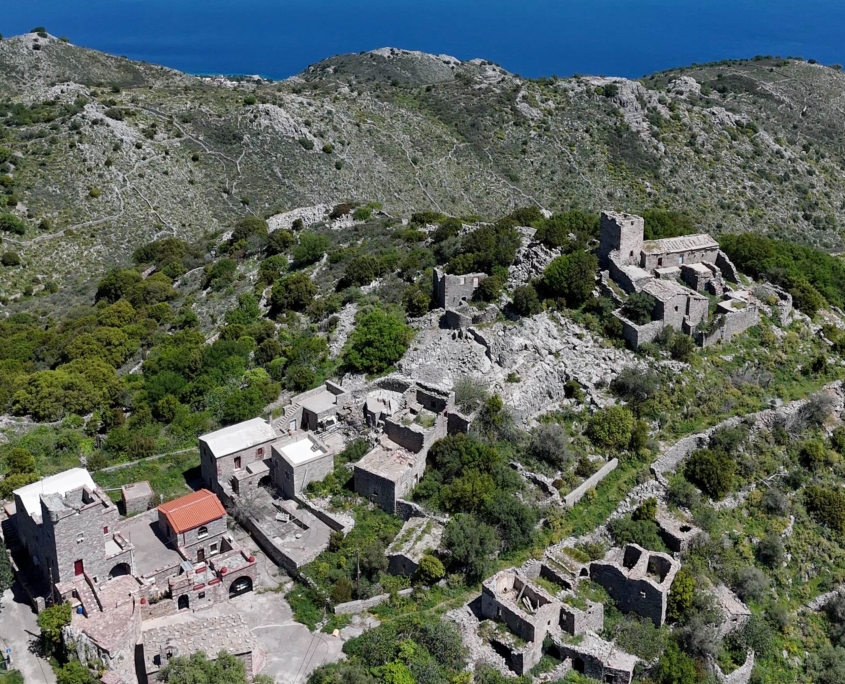
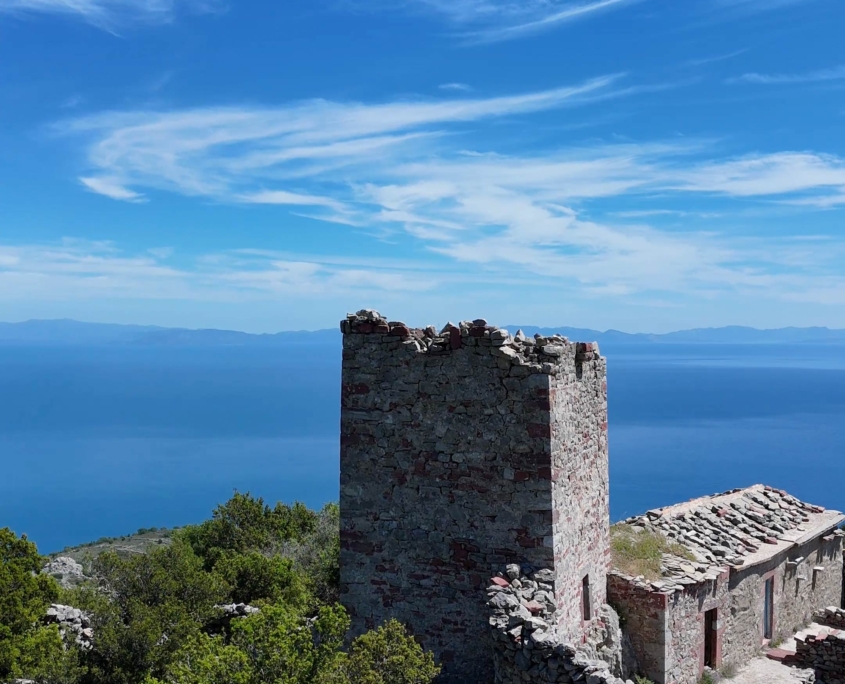
 Alec Moustris
Alec Moustris